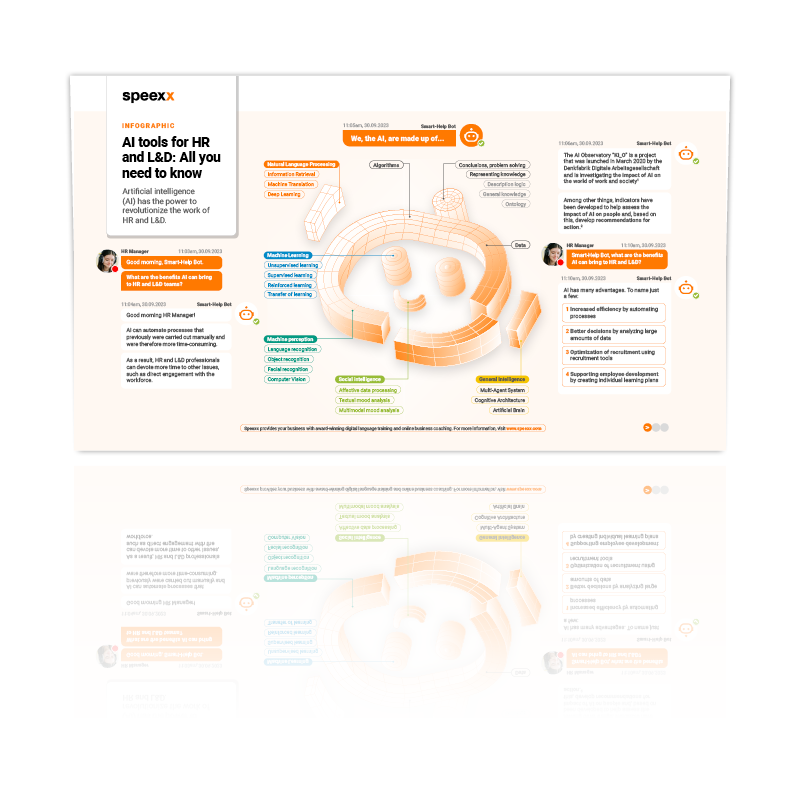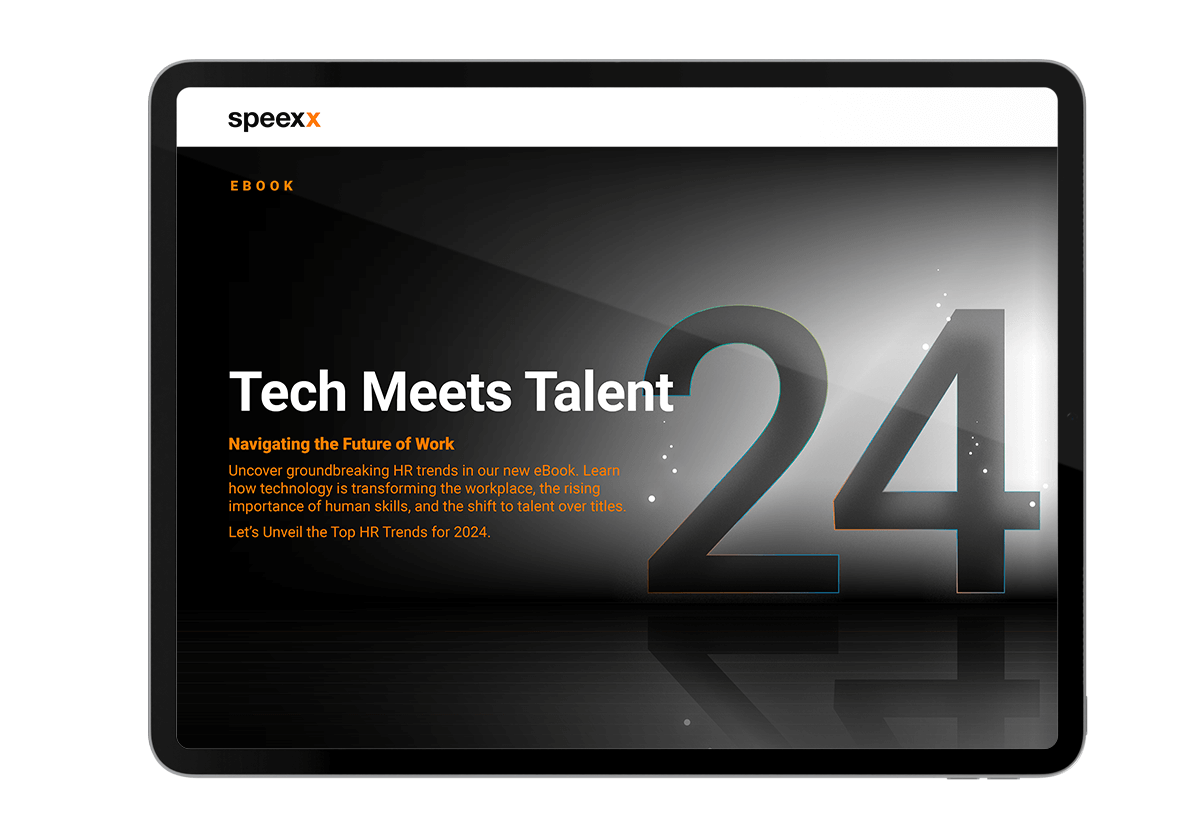In our ever-evolving corporate world, the approach to performance appraisals is being re-evaluated. This reconsideration of performance reviews includes changes in frequency, execution, and anticipated outcomes – from both management and employees’ perspectives. The transformation involves a shift towards more candid and personable performance review conversations. Emphasizing that ‘the quality of the answers depends greatly on the quality of the questions asked,’ there is an increased focus on nurturing open, meaningful dialogues to enhance the effectiveness of these evaluations.
As we explore how performance appraisals are changing, we also delve into fundamental questions like what a performance review entails, why it’s important, who benefits from it, and what constitutes a good performance review. This article aims to answer these questions, offering insights and best practices to make performance appraisals an ideal opportunity for setting expectations for a productive and rewarding new year.
Table of Contents
Boosting Employee Productivity through Performance Reviews
Performance appraisals are essential for evaluating an employee’s contributions and challenges over a given period. Effectively executed, they can significantly increase productivity. These reviews offer a chance for reflection and acknowledgment of achievements, while pinpointing areas for improvement. They serve as a motivational tool, helping employees reach their potential and align their objectives with the organization’s wider goals. Preparation and planning are key: both the reviewer and reviewee should participate in assessing past performance metrics and setting clear, measurable goals for the future.
Early Employee Appraisals: Laying the Foundation for the Year
Very often, performance appraisals take place at the end or very beginning of the year, which strategically allows for the establishment of clear, attainable goals, while considering the previous year’s performance. This timing is crucial for aligning individual goals with the company’s future objectives, fostering a focused and goal-driven work environment.

Discover the Tools That Will Help You With the Employee Appraisal Process.
Read our infographic!
Get the document

Feedback for Greater Productivity, Motivation, and Development
Performance reviews, when done right, can help to boost morale and motivation. A balanced review approach, focusing equally on strengths and areas for improvement with constructive feedback, is vital. Aligning individual goals with the organization’s broader objectives ensures employees contribute efficiently to the company’s success. Appraisals are crucial for professional development, identifying skill gaps and potential career progression. The aim here is to enhance the employee’s skill set and promote a continuous learning journey, helping them to be more adaptable and progressive in their roles. Appraisals also boost engagement and motivation by serving as a platform to resolve issues impacting productivity.
Two-Way Performance Reviews
There is a growing trend of performance reviews becoming a more reciprocal process, moving away from a one-sided critique to an engaging and balanced dialogue. Employees are encouraged to bring their own questions to the appraisal, making the experience more balanced and less like an interrogation. This approach brings a fresh perspective, deepening understanding between employees and managers, while mitigating stress on the part of the appraisee. By asking their own questions, employees tailor the interaction in a way that brings added relevance to them and helps to address areas they feel strongly about. As always, such appraisals require strong managerial skills to deliver unbiased, empathetic, and effective feedback and ensure a fair and productive appraisal process.
Examples of questions that an employee may be encouraged to ask their HR managers are:
- Is my work output meeting your expectations?
- What areas of improvement do you see as a priority for me?
- What do you consider my strengths in the team, and are they grounds for career advancement?
- Which skills or areas should I work on, and do you recommend I take any courses to address this?
- How could I better support my teammates?
- What is our organization’s biggest challenge, and how do you see my current role fitting into that?
- How do you measure my success or progress?
Of course, employees are encouraged to prepare their own questions, so as an HR manager, you must be ready to listen and respond in real-time in a meaningful and informative way. This approach demands thoughtful preparation from both parties, ensuring that these sessions become a cornerstone for continuous personal and professional development.
The Evolution and Framework of Performance Reviews
HR professionals are adapting to a new style of reviewing employees and embrace the idea that the evaluations they make go beyond mere assessments of individual performances; they have the power to shape career trajectories as well as propel organizational success. For example, the transition from annual to more frequent performance reviews reflects the changing dynamics of the modern workplace, promoting an ongoing dialogue between staff and management while fostering a culture of continual feedback and professional growth. Regular check-ins help to adjust goals and address challenges promptly, while also recognizing achievements in real-time. Effective performance appraisals hinge on structured, consistent, and transparent processes, which include preparation and planning, a balanced review approach, SMART (Specific, Measurable, Achievable, Relevant, Time-bound) goal setting, and encouraging employee engagement.
Learning, Technology, and Challenges in Performance Appraisals
There is a wide variety of performance review methods and techniques that can be tailored to different organizational cultures or individual employees. The integration of technology improves the efficiency and effectiveness of these processes, while continuous learning and development ensure your talent is equipped for current and future demands. As always, HR professionals face challenges in standardizing appraisals and addressing biases, requiring clear policies, continuous training, and a dedication to fairness and objectivity.
It is useful to consider some real-world examples to illustrate the impact of modern performance appraisals. For instance, a multinational corporation revamps its appraisal process by implementing a digital platform that allows for continuous feedback and goal tracking. This approach has led to more dynamic and timely adjustments in employee objectives, directly correlating with a 20% increase in overall team productivity.
Or a tech startup adopts a peer-review system, encouraging a more collaborative and comprehensive assessment of performance, which not only enhances employee engagement but also cultivates a stronger team culture.

What Challenges Are We Going to Face This Year?
See all the topics that will define the HR world
Get the document

Standardization, Bias, and Technological Integration
While these technological advancements and methodological changes show promise, they also bring challenges. One significant challenge is ensuring standardization across departments while maintaining the flexibility to cater to individual employee needs. This balancing act requires careful policy design and training to avoid inconsistencies. Another challenge is mitigating unconscious bias in appraisals. Despite efforts to be objective, managers may hold implicit biases that can affect evaluations. To address this, companies are increasingly investing in training programs aimed at recognizing and reducing such biases. Additionally, integrating technology poses a challenge in ensuring all employees are adequately trained and comfortable with new systems, necessitating a focus on technology onboarding and ongoing support.
Career Development and Employee Growth
Performance appraisals also play a pivotal role in career development, providing a platform for employees to discuss career aspirations, potential areas for upskilling, and plan for future roles. This aspect is instrumental in employee retention and satisfaction, demonstrating the organization’s commitment to each individual’s growth and progression.
The Impact and Future of Performance Reviews
Looking ahead, performance appraisals are expected to become more integrated with technology, more frequent, and more development focused. 63% of the workforce expresses a desire for more frequent and immediate feedback on their work. Employees are eager to understand their strengths and areas for growth.
To address this, companies are looking beyond the traditional annual performance review cycle, and are considering semi-annual or even quarterly evaluations. Additionally, there are several methods organizations can implement to enhance regular communication between managers and their teams:
- Regular One-on-One Meetings: Managers can schedule weekly individual meetings with employees for a more direct feedback exchange.
- Team Meetings: Holding regular team meetings, either weekly or monthly, provides an opportunity for managers to discuss team performance and offer group feedback.
- Feedback via Email: While it’s a less direct method, sending regular emails to teams or individual employees can effectively communicate their achievements and areas for improvement.
- Digital Performance Review Tools: Utilizing specialized performance review applications can streamline the feedback process. These tools range from standalone applications to comprehensive platforms integrated into larger cloud-based performance management systems.
These methods aim to create a more continuous and interactive feedback environment, aligning with the evolving expectations of today’s workforce.

Request your Speexx Demo now!
Conclusion
Effective performance appraisals are key to fostering employee productivity and aligning efforts with corporate goals. For HR professionals, well-executed appraisals are essential for setting a productive and successful tone for the year ahead, ensuring organizational success and employee development. Regularly assessing the impact of these appraisals, in terms of improvements in employee productivity, job satisfaction, and alignment with organizational goals, is crucial to ensure their continued effectiveness and relevance.

